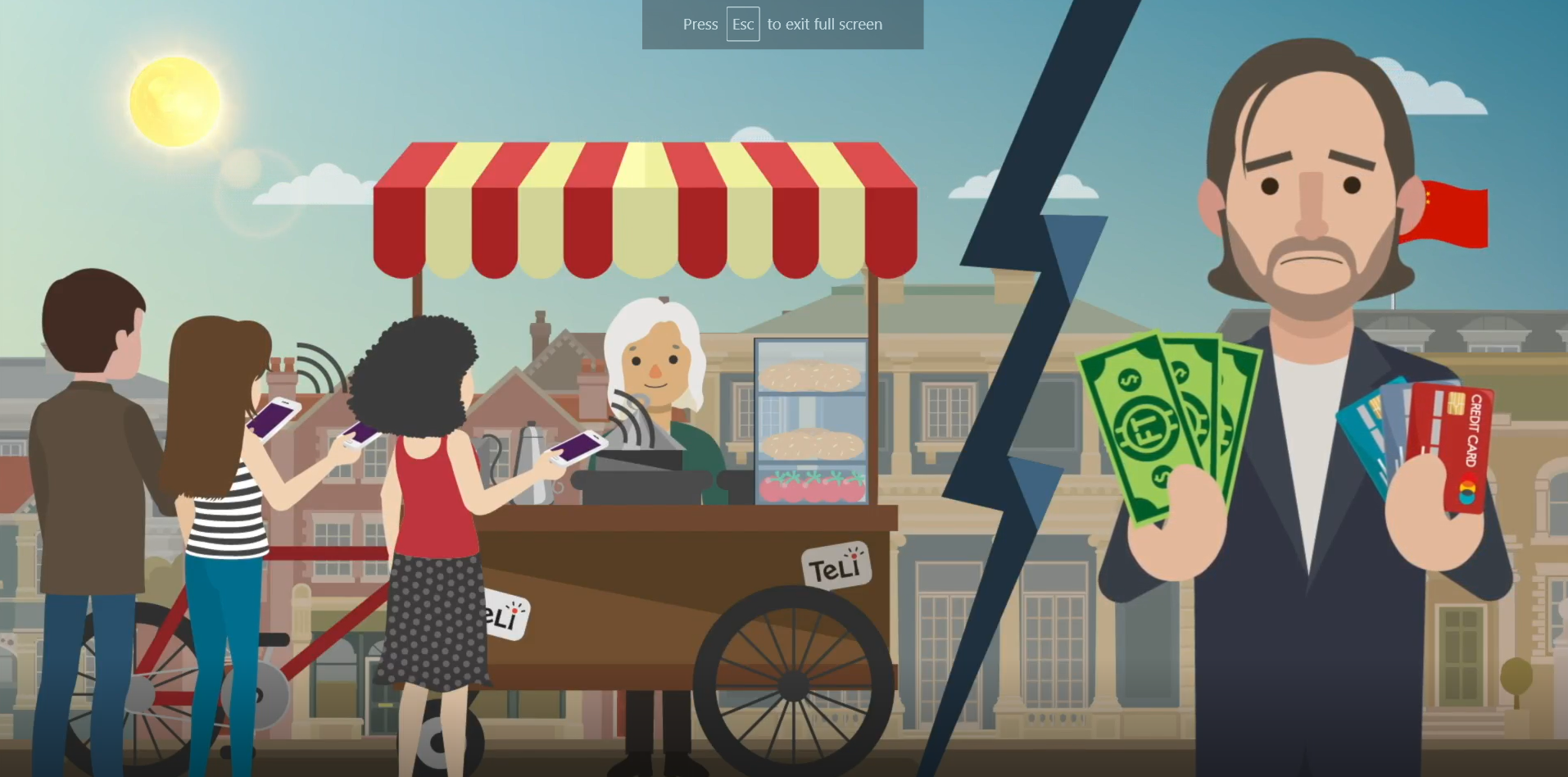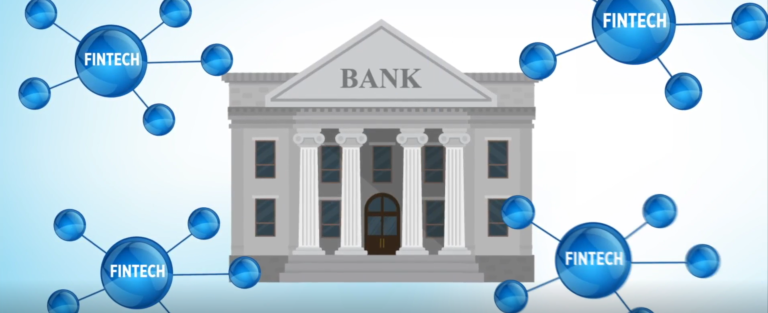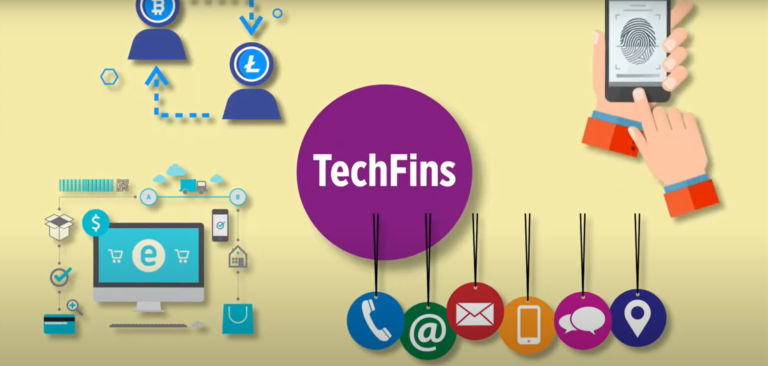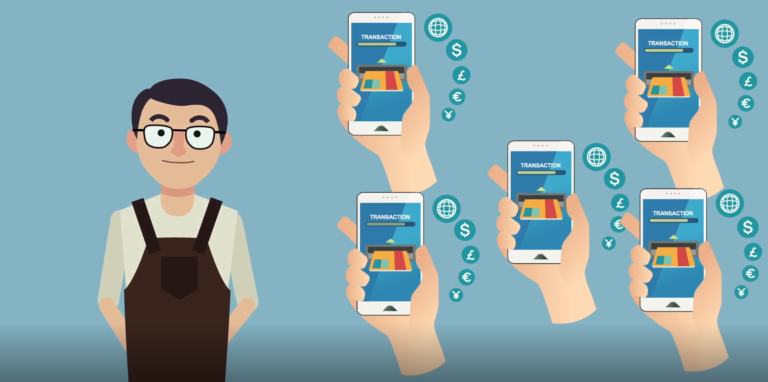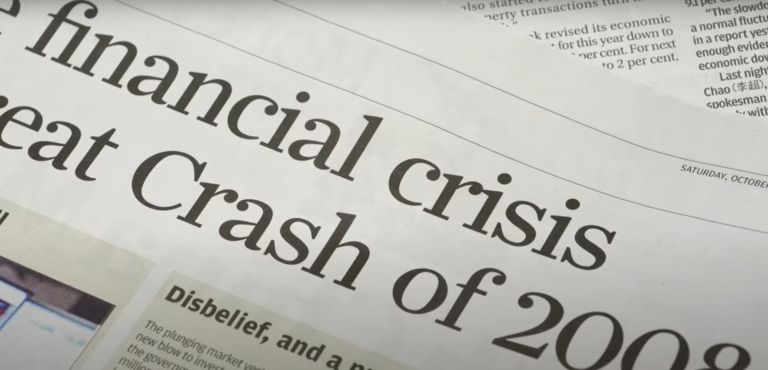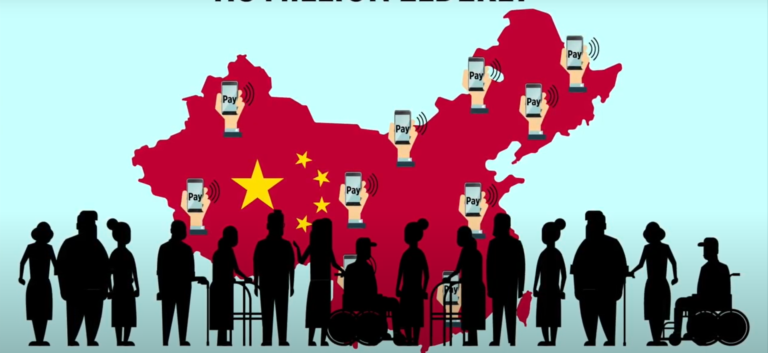Transcript
What did you observe from David Bishop’s experience?
Probably the most immediate observation is something that we’ve already discussed, the scale and penetration of FinTech innovation is faster and broader than anything we’ve seen before.
Everyone on the street has a modern smartphone, and they have all adopted the technology into their daily routine. One reason this is true is because FinTech innovation can lead to efficiencies, which in turn can help a lot of people. As discussed earlier, FinTech innovation can help cut out the middleman which saves costs. For the street vendor using an app payment system means not needing to handle cash, which likely means reducing the risk of theft or for food workers to be more sanitary. And in many cases, using cashless payments, it’s just faster and more efficient and leads to better service. So basically, using a mobile payment system helps her business be more efficient and hopefully more profitable.
But FinTech innovations can also lead to exclusion. David Bishop probably had the greatest access to traditional finance, whether cash, credit or other loans, that anyone on that street thought they had, yet he was almost completely excluded from the marketplace, not even able to purchase breakfast. Like in this example, FinTech can lead to separation from financial markets, and therefore basic necessities.
Although buying breakfast is a simple transaction, there are many layers of filtering in the story. For example, if you are required to pay with the phone, then guess what, you have to have a phone. And then you have to have the app WeChat and then an account on WeChat, and then money or credits in that account. So one of the interesting challenges the FinTech industry faces concerns access to these technologies.
While many are hopeful that FinTech innovations will lead to better access to finance for the masses, others are concerned that it could also lead to increased exclusion from basic services. And this can be particularly true if governments decide to intentionally exclude some people from these platforms.
Now, going back to the example of the street vendor, we now ask the big question of the day. Will these innovations in FinTech bring the world closer together through multinational FinTech solutions or will we become more and more isolated from each other?
For example, credit cards have made it easy to make purchases around the world, no matter where I am. You know, I feel confident, I can make necessary payments using your credit card, though sometimes that means maybe paying high fees.
But on the other hand, we have been travelling to and teaching in China for many years. And while we love travelling there, from a FinTech perspective, every year, it seems more and more insular and disconnected from the rest of the world because of this simple paradox, the better the app ecosystem gets and the more people in China become interconnected via these apps, we’re simultaneously distancing themselves from the rest of the world. Now, this was made clear in the experience David Bishop had, and this is happening in other countries too.
So, do you think that FinTech is bringing the world together or pushing us further apart?

